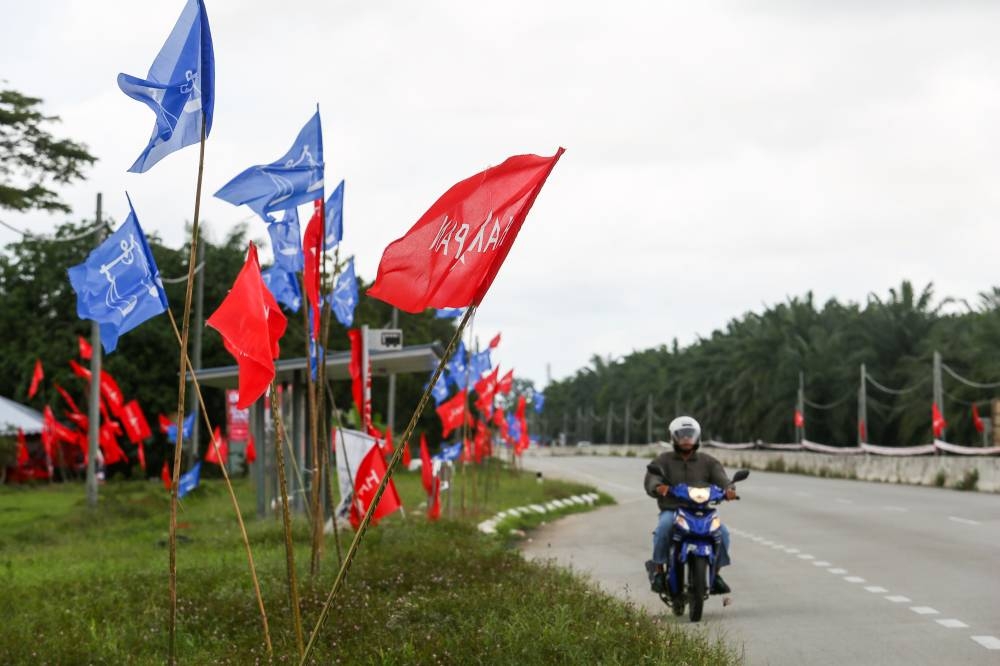Politics is persuasion—and translation makes or breaks it. During Malaysia’s GE15, political campaigns had to resonate across multilingual audiences, from Malay-majority regions to English-speaking urban voters. Translating political messages wasn’t just linguistic; it was strategic.
Here are six fascinating examples of Malaysian to English localization|translation that reshaped how voters understood campaign narratives.
1. “Kestabilan dan Kemakmuran” → “Stability and Prosperity”
The phrase sounds straightforward, but in Malay, “kemakmuran” implies shared community wealth, not individual success. The English phrase softens this collectivist tone into an economic promise. The challenge: maintain ideological weight while ensuring clarity.
2. “Kita Boleh” → “We Can”
Popularized as a unifying slogan, its English equivalent echoes Obama’s “Yes We Can.” This translation leveraged global familiarity while keeping local optimism intact—a perfect example of emotional resonance over literal equivalence.
3. “Perpaduan untuk Malaysia” → “Unity for Malaysia”
“Perpaduan” conveys a sense of cultural coexistence beyond the English “unity.” Translators retained the English phrase for simplicity, though it loses subtle socio-political undertones related to Malaysia’s multiethnic fabric.
4. “Demi Rakyat” → “For the People”
A recurring political slogan, but “demi” in Malay conveys sacrifice and duty. English loses this nuance. Some localizers added modifiers like “For the People, With Purpose” to restore moral depth.
5. “Suara Anak Muda” → “Voice of the Youth”
While literally accurate, some translations stylized it as “Youth Speaks” to fit campaign brevity and digital readability. Shorter phrasing increased engagement on social media without diluting message clarity.
6. “Harapan Baru” → “A New Hope”
Famously used by coalition Pakatan Harapan, this translation mirrored the Malay rhythm while connecting emotionally with international audiences—also unintentionally echoing pop culture (Star Wars), boosting memorability.
Lessons from GE15 Translations
– Prioritize emotion over literal meaning.
– Ensure political neutrality in translation tone.
– Adapt rhythm and brevity for slogans.
– Recognize cultural metaphors and avoid Western bias.
– Keep syntax simple for multilingual comprehension.
Translating politics is about reproducing persuasion, not words. In multilingual nations like Malaysia, it bridges ideological gaps and strengthens democracy.
Conclusion
Malaysia’s GE15 proved that language shapes power. The most effective campaign translations didn’t mirror phrases—they mirrored emotions. Malaysian to English localization|translation of politics requires intuition, timing, and empathy. In politics, the right translation can inspire movements; the wrong one can alienate voters.
FAQs
Q1: Why are political translations so delicate?
They carry cultural and emotional weight—missteps can distort public sentiment.
Q2: Do slogans lose power when translated?
Sometimes. The goal is to keep the emotional intent, even if the words differ.
Q3: How should political translators approach neutrality?
Avoid bias by focusing on tone and cultural equivalence, not ideology.
Q4: What makes Malaysian politics unique for translation?
Its multilingual voter base—Malay, Chinese, Tamil, and English coexist in messaging.
Q5: How can English slogans appeal to local voters?
By blending simplicity with sincerity; shorter, emotive phrasing wins attention.


